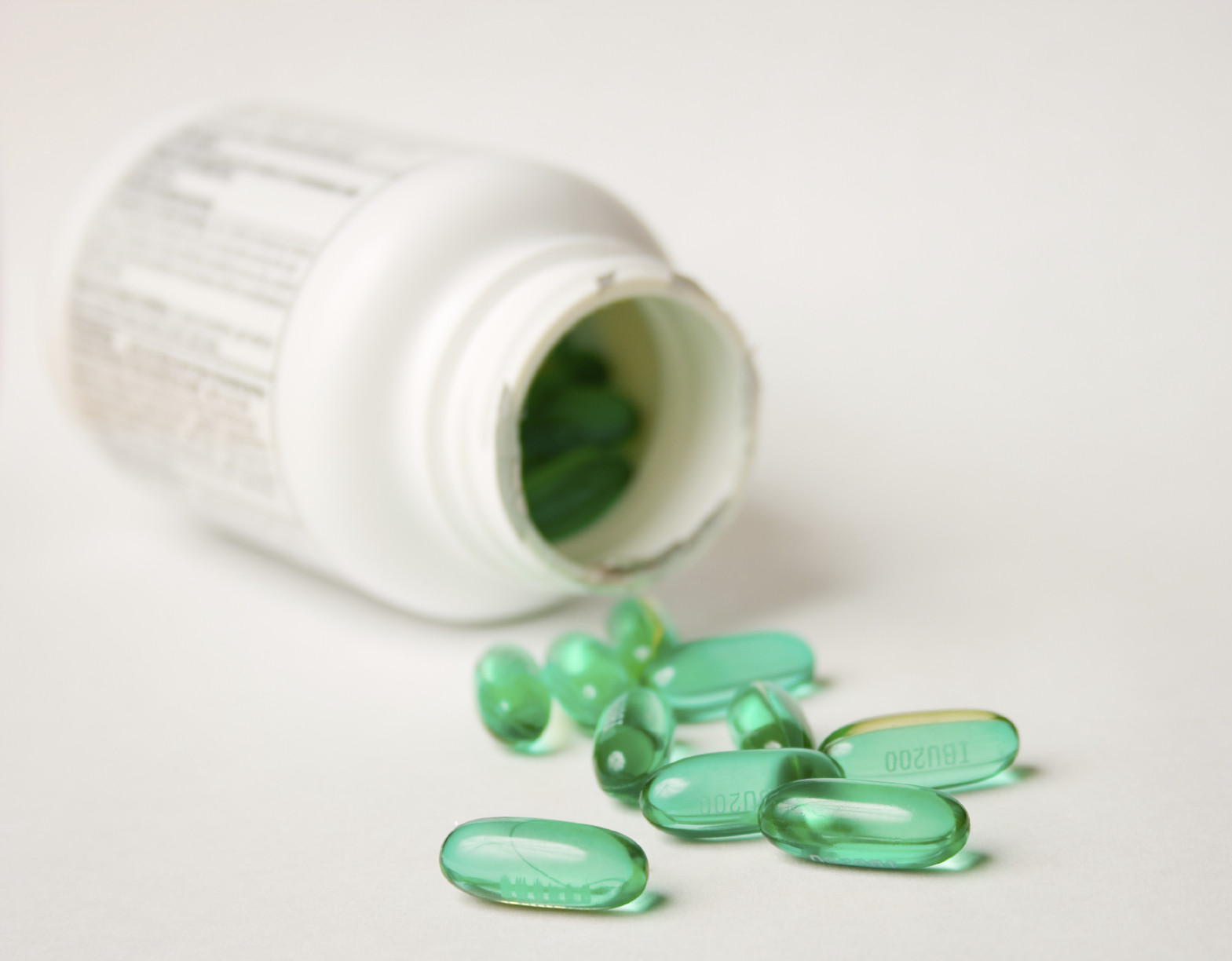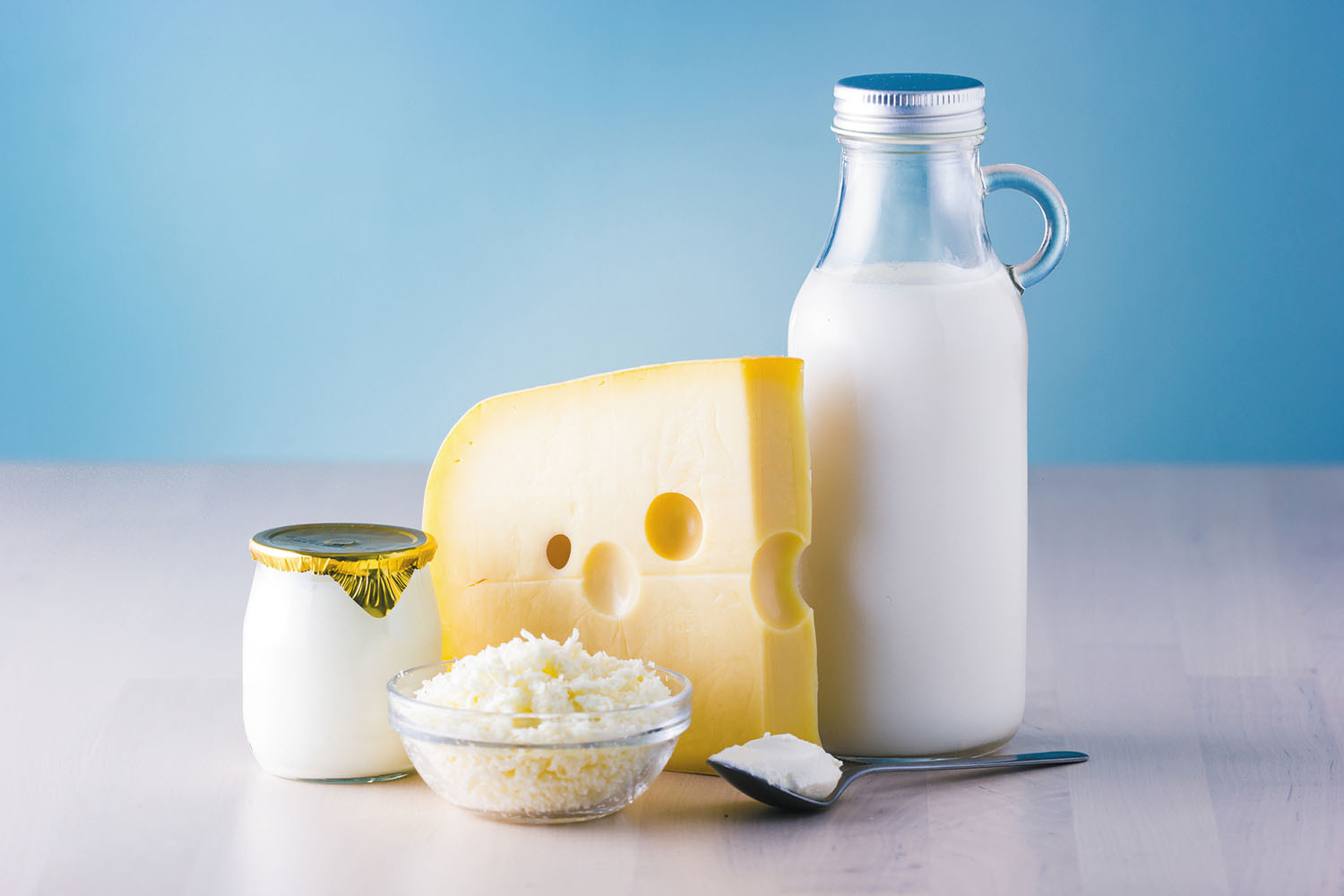
Counting steps is good — is combining steps and heart rate better?

Appendix pain: Could it be appendicitis?

Can saw palmetto treat an enlarged prostate?

How does Ozempic work? Understanding GLP-1s for diabetes, weight loss, and beyond

Zinc: What it does for the body, and the best food sources

Respiratory health harms often follow flooding: Taking these steps can help

Tips to leverage neuroplasticity to maintain cognitive fitness as you age

Can white noise really help you sleep better?

Celiac disease: Exploring four myths

What is prostatitis and how is it treated?
Heart Health Archive
Articles
Heart health steps also help ward off peripheral artery disease
Image: Thinkstock
News briefs
Better cardiovascular health may substantially lower your risk of peripheral artery disease (PAD), according to a study in the November 2018 issue of the American Journal of Preventive Medicine. PAD occurs when the arteries that supply blood to the legs become narrowed or blocked with fatty deposits. About 8.5 million Americans suffer from the condition, which typically causes cramping pain in the legs when walking. For the study, researchers evaluated adherence to the American Heart Association's "Life's Simple 7" guidelines among almost 13,000 people who were free from PAD or other cardiovascular disease at the start of the study. More than 430 PAD cases occurred in this group over about 24 years. Compared with people who did not follow Life's Simple 7, those with average and optimal adherence cut their risk of PAD by 64% and 91%, respectively. Life's Simple 7 emphasizes managing blood pressure, controlling cholesterol, reducing blood sugar, getting sufficient physical activity, eating better, maintaining a healthy weight, and quitting smoking.
Home cooking for better heart health
Preparing your own plant-based meals — focused on beans, grains, and veggies — is easier than you think.
Image: © Halfpoint/Getty Images
Eating more plant-based foods has many advantages, especially for your heart. But even with the best of intentions, many people find the transition to plant-centric meals a little daunting. Take for instance the daily dilemma of deciding what's for dinner. Where do you even begin?
Instead of trying to cook an entire vegetarian meal from scratch, start with one small step and build from there, says Dr. Rani Polak, founding director of the Culinary Healthcare Education Fundamentals (CHEF) Coaching program at Harvard's Institute of Lifestyle Medicine (see "What is lifestyle medicine?").
What is sick sinus syndrome?
Ask the doctor
Image: © Zinkevych/Getty Images
Q. After I experienced a few fainting episodes, I was diagnosed with sick sinus syndrome. My doctor says I might need a pacemaker. Can you tell me more about this condition?
A. Despite the name, sick sinus syndrome has nothing to do with your nasal passages. Instead, it refers to various heartbeat irregularities that can cause dizziness, fainting, or shortness of breath. Most cases are due to age-related changes in the heart muscle that disrupt the heart's electrical system. Sometimes, another form of heart disease or medication that slows the heart is to blame. Sick sinus syndrome is most common in people in their 70s and 80s.
Taming stubbornly high blood pressure
Are you sabotaging your heart health without realizing it?
Image: © izusek/Getty Images
As many as one in seven people being treated for high blood pressure doesn't have the condition under control, according to a recent scientific statement from the American Heart Association. The problem — known as resistant hypertension — is defined as having high blood pressure despite taking three or more blood pressure medications, including a diuretic.
For most people, high blood pressure means a reading of 130/80 millimeters of mercury (mm Hg) or higher. Staying below that threshold can dramatically lower a person's odds of having a stroke or heart attack. That's why it's so important to address the barriers that prevent people from reaching their blood pressure targets, says Dr. Randall Zusman, a cardiologist at Harvard-affiliated Massachusetts General Hospital.
Add stretches to your exercise routine
They can help you stay flexible and active enough to keep your heart in good shape.
It's no secret that as you age, your body becomes less flexible. Your muscles aren't quite as supple and your joints are little stiffer than when you were younger. As a result, getting regular, heart-protecting exercise may be more challenging.
That's why stretching — the deliberate lengthening of muscles to increase flexibility and range of motion — can be especially helpful after middle age. Yet many people are confused about the different stretching techniques and the best time to do them, says sports medicine physician Dr. Adam Tenforde, assistant professor of physical medicine and rehabilitation at Harvard Medical School.
Legume of the month
Image: © Kateryna_Mostova/Getty Images
Editor's note: This year, we're highlighting legumes on this page. Low in fat but rich in protein and other nutrients, they're a staple of plant-based eating. Starting in February, we'll feature a different legume each month, along with information and recipe tips from different cultures around the world.
But we're starting off with the basics: a simple recipe for cooking dried beans.
Two daily servings of dairy: Good for your heart?
Research we're watching
Image: © nehopelon/Getty Images
People whose daily diets include at least two servings per day of milk, yogurt, or cheese appear to have a lower risk of heart disease, stroke, or death than people who don't consume dairy products.
The findings, published Sept. 11, 2018, in The Lancet, were based on food questionnaires from more than 136,000 people from 21 countries. After a follow-up that lasted an average of nine years, researchers found that adults who consumed two or more servings of dairy each day had a 22% lower risk for heart disease, a 34% lower risk for stroke, and a 23% lower risk of heart-related death. Observational studies such as this one cannot prove cause and effect. But dairy-based foods contain vitamins D and K, calcium, and other nutrients thought to be good for cardiovascular health. The findings support the benefits of all types of dairy, including full-fat versions. However, current guidelines still recommend nonfat or low-fat milk, yogurt, and cheese, which contain fewer calories and less saturated fat.
E-cigarettes boost the risk of heart attack
Research we're watching
Image: © Neydtstock/Getty Images
Electronic cigarettes, which are battery-operated devices that create a nicotine-filled vapor, are often touted as a less-risky alternative to conventional cigarettes. But daily e-cigarette use may nearly double a person's risk of a heart attack, according to a study in the October 2018 American Journal of Preventive Medicine.
The data came from nearly 70,000 people who took part in two National Health Interview Surveys. Compared with nonsmokers, people who smoked regular cigarettes daily nearly tripled their heart attack risk, compared with a nearly doubled risk among people who used only e-cigarettes. However, about two-thirds of current e-cigarette users also smoked regular cigarettes. Using both products daily was linked to a nearly fivefold increase in heart attack risk.

Counting steps is good — is combining steps and heart rate better?

Appendix pain: Could it be appendicitis?

Can saw palmetto treat an enlarged prostate?

How does Ozempic work? Understanding GLP-1s for diabetes, weight loss, and beyond

Zinc: What it does for the body, and the best food sources

Respiratory health harms often follow flooding: Taking these steps can help

Tips to leverage neuroplasticity to maintain cognitive fitness as you age

Can white noise really help you sleep better?

Celiac disease: Exploring four myths

What is prostatitis and how is it treated?
Free Healthbeat Signup
Get the latest in health news delivered to your inbox!
Sign Up











